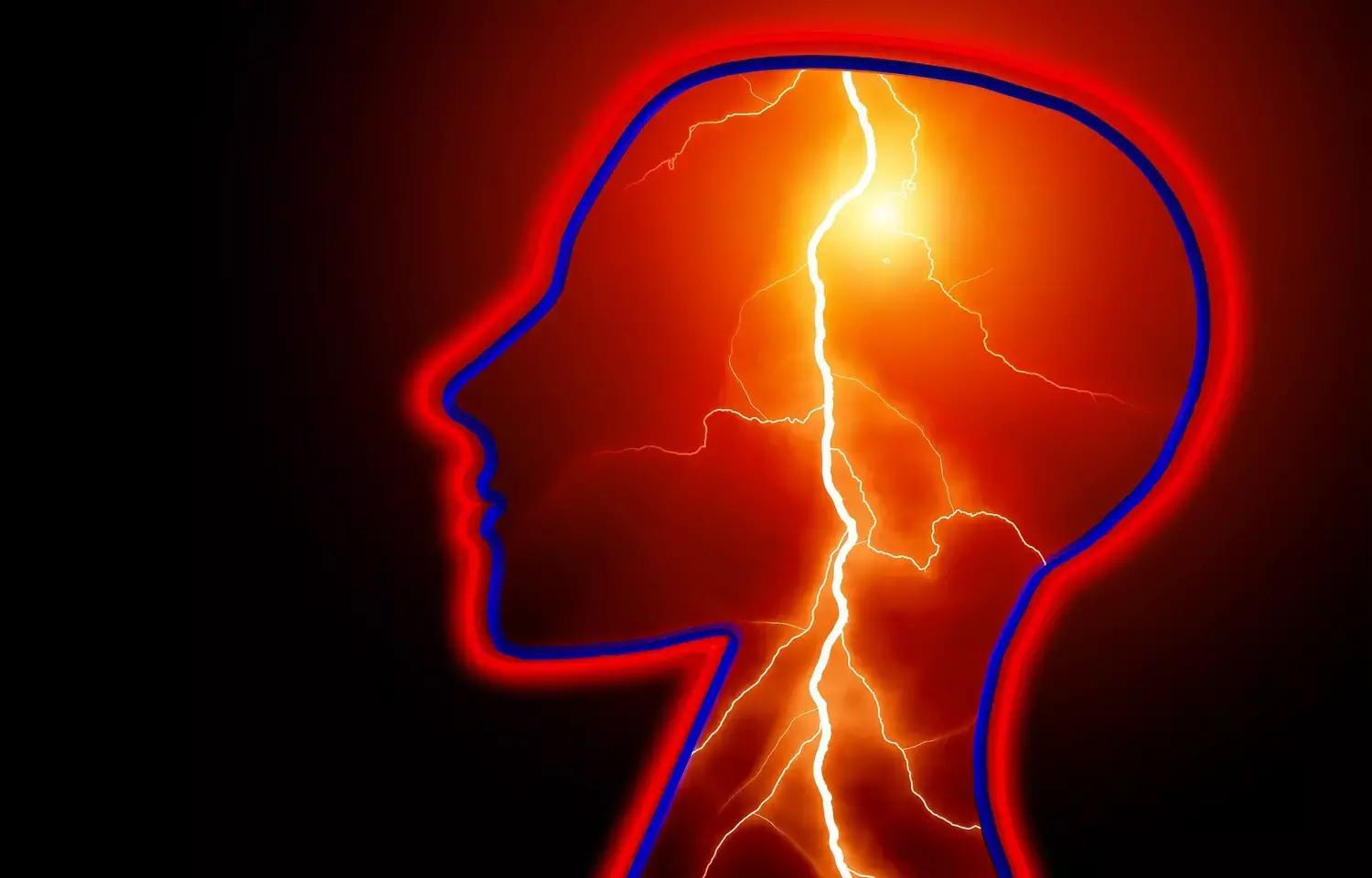Targeting Calcium Overload May Improve Stroke Outcomes, Research Suggests
- byDoctor News Daily Team
- 18 July, 2025
- 0 Comments
- 0 Mins

Excessive calcium contributes to harmful inflammation in ischemic stroke, and targeting it may provide doctors with a new way to improve patient outcomes, new research from the University of Virginia School of Medicine suggests.
Petr Tvrdik, PhD, has found that immune cells called microglia are flooded with waves of calcium in the wake of ischemic strokes, which are strokes caused by disruption of blood flow to the brain. These calcium waves, he determined, trigger damaging inflammation that may worsen the stroke's effects.
Blocking the calcium waves, his work suggests, may help control the harmful inflammation and offer doctors a way to reduce the often-debilitating effects of ischemic stroke.
"This publication culminates several years of research on this previously unrecognized aspect of stroke pathology," said Tvrdik, of UVA's Departments of Neurosurgery and Neuroscience. "Our success would not be possible without exceptional contributions of the lead authors on the study, medical students Kathryn Kearns and Lei Liu. A special mention in this regard goes to the support from Medical Summer Research Projects, directed by Dr. Driscoll, which provided a stimulating environment for the students and much-needed help for my lab."
The Answer is Calcium
Scientists have known for almost two decades that the lack of blood flow to the brain during ischemic strokes causes waves of abnormal brain activity, which are called cortical spreading depolarizations, or CSDs. These CSDs are harmful and can set the stage for additional brain damage. In addition to occurring in ischemic stroke, they are also seen in traumatic brain injuries (TBI), migraine and subarachnoid hemorrhages, which are bleeds in the space between the brain and its surrounding membrane.
The new research from Tvrdik and his colleagues sheds light on what is occurring during these CSDs. Working in laboratory mice, the scientists found that ischemic strokes trigger waves of calcium to flood through the brain's defenders, the immune cells known as microglia. This calcium overload "triggers CSDs in a recurring and progressive fashion," the researchers write in a new scientific paper.
"Further research is needed to determine just how harmful these calcium waves are," Tvrdik said. "Our paper received top 5% attention score on social media. We hope that this excitement in the field will translate into more funding for our research."
Promisingly, the researchers were able to use a drug to reduce the calcium waves in their mouse models by more than 25%. This gives them hope that a similar approach could be used to reduce the calcium waves' harmful effects in stroke patients, though more research is needed.
"We are fortunate to collaborate with CalciMedica, a pharmaceutical company who specializes in developing drugs suppressing calcium overload in the immune cells," Tvrdik said. "We share the vison that our research might help to identify an effective drug that will improve the recovery of stroke survivors.
https://www.ahajournals.org/doi/10.1161/STROKEAHA.120.032766
Disclaimer: This website is designed for healthcare professionals and serves solely for informational purposes.
The content provided should not be interpreted as medical advice, diagnosis, treatment recommendations, prescriptions, or endorsements of specific medical practices. It is not a replacement for professional medical consultation or the expertise of a licensed healthcare provider.
Given the ever-evolving nature of medical science, we strive to keep our information accurate and up to date. However, we do not guarantee the completeness or accuracy of the content.
If you come across any inconsistencies, please reach out to us at
admin@doctornewsdaily.com.
We do not support or endorse medical opinions, treatments, or recommendations that contradict the advice of qualified healthcare professionals.
By using this website, you agree to our
Terms of Use,
Privacy Policy, and
Advertisement Policy.
For further details, please review our
Full Disclaimer.
Recent News
Pfizer files lawsuit against Metsera, its Director...
- 02 November, 2025
Health Ministry achieves 3 Guinness World Records...
- 02 November, 2025
Roche gets CE mark for Elecsys Dengue Ag test to d...
- 02 November, 2025
Aadhaar authentication voluntary for NBE exams, cl...
- 02 November, 2025
Daily Newsletter
Get all the top stories from Blogs to keep track.


0 Comments
Post a comment
No comments yet. Be the first to comment!